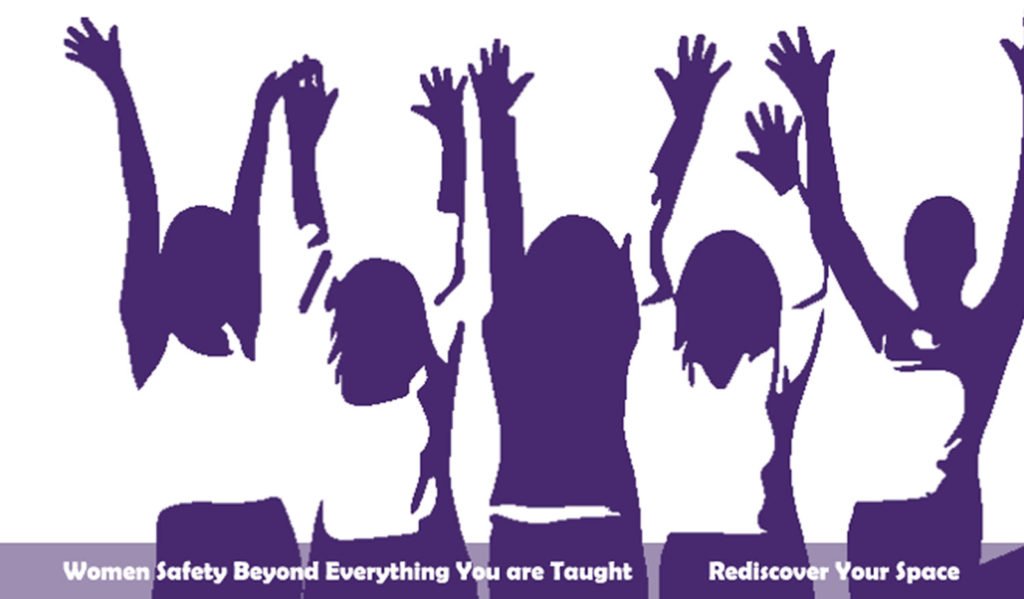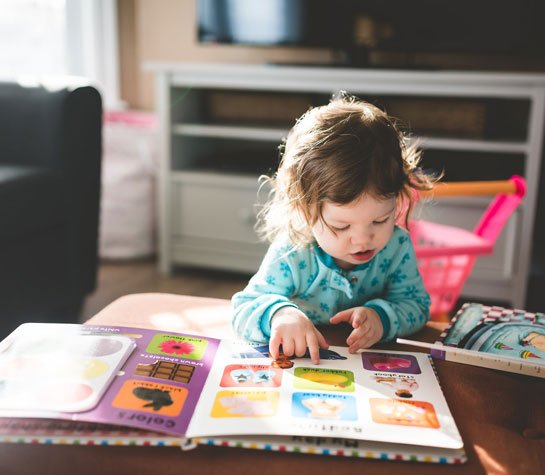As more and more importance has been given to education, it has also led to a dangerous trend of competition and pressure to perform. These effects are felt from an early age and stay with us through our lives. When we equate education only with marks, performance and success, the very thing that is supposed to help us can feel like a burden. It is up to us to recognize the mistakes that were made with us, when we were children and try not to repeat the same patterns with future generations.
Children as young as 3 or 5 years are being sent to school and expected to perform according to the standards of their parents, teachers and ministry of education.
Instead of being able to explore their environments and growing bodies by being creative, learning to know how to use their sense in the right way, connecting with nature by going for walks in the park, forest and learning about animals. Learning about ethics and values at this age is very important.
But they are forced to sit still and recite letters, numbers and poems that they do not understand at this age. This is not the right way to teach children. This is the reason why we as human being cannot function wholly when we grow up.
The mounting pressure of homework
Children are being given homework and assignments that are well beyond their age and abilities. This then puts the pressure on the families and especially mothers, to try and meet their child’s needs while also balancing responsibilities of their own. A child’s education and performance is often seen as the sole responsibility of the mother, with fathers rarely participating. If a child is unable to complete their homework or bring in their assignment they are punished, mocked and labelled. When this happens many parents relive their own traumas and become harsher on the child, leading to a vicious cycle of pain and disappointment.
School should be a place of social bonding and playful exploration, but it turns into a highly competitive environment. This environment is not healthy for the child and can teach children that getting something done is more important than learning how to do it.
Which school has any of these program-? If not you as parents must demand this from every school.
-Starting with being compassionate towards oneself and others.
-kindness and being generous (sharing things with each other)
– Development of community
– Growing vegetables
– caring about animals
Encourage Creativity not Competition

For many of us, our education systems have groomed us in a competition mind set. This means that if we are not the best or trying to be the best then we are told that we are worthless or lazy.
This breeds a deep sense of shame and unfortunately many of us carry these feelings with us and try to heal them though our children. Many Indian and Asian parents begin to compete with each other through their children which can leave the child feeling inadequate and responsible for the happiness of their families.
We often underestimate the large role that our education system has on us. The messages that we pick up in school stay with us long after we leave. We can no longer ignore that this extremely competitive and performance oriented mind set is harming our wellbeing and mental health in the long run.
It is time for us to invest in the inner lives of our children and stop caring only about external performance. Use these early years to teach children the values of kindness, gratitude and care. Play with them and let their ever exploring and creative minds take flight. Do not be so eager to teach them that you forget to learn from them as well.
Learn more on breaking the cycles of our preprograming. By rediscovering your force.
If you have found this article thought-provoking and wish to read more thoughts and perspectives from
















Leave a Reply